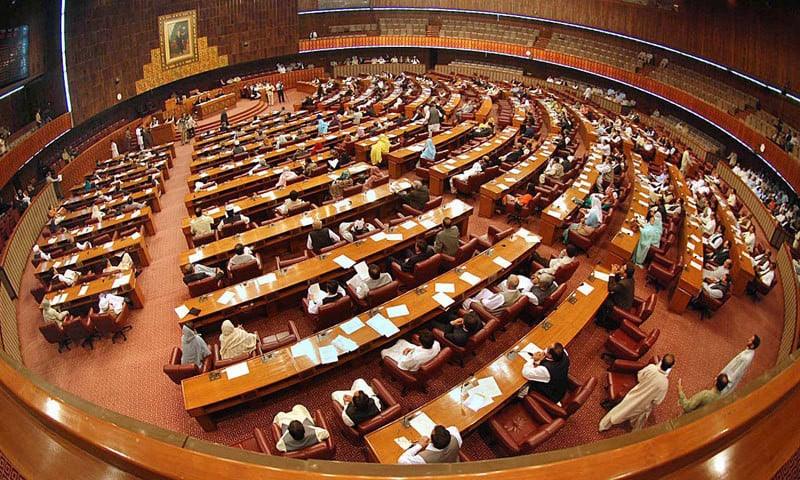Pakistan’s National Assembly has approved the much-debated amendments to the Pakistan Electronic Crimes Act (PECA), giving the government expanded powers to regulate and control social media platforms.
The bill was introduced as part of efforts to combat the spread of illegal content online, but has sparked widespread protests, particularly among journalists.
The Peca Act Amendment Bill, 2024 was introduced in the National Assembly under a supplementary agenda by Federal Minister Rana Tanveer.
The bill includes provisions to establish a Digital Rights Protection Authority (DRPA), which will be empowered to remove online content deemed illegal.
The bill also defines a broader scope of illegal content, including material that promotes violence, hatred or defamation, and content that is harmful to national security.
The legislation was passed with overwhelming support in the National Assembly, despite protests from members of the press.
When the bill was introduced, journalists left the press gallery in protest, condemning what they called restrictions on press freedom and the potential for government overreach in regulating online speech.
Key provisions of the Peca amendments:
One of the key provisions of the new amendments is the establishment of the Digital Rights Protection Authority (DRPA), which will have the authority to remove banned content and take action against people who share such material. The authority will also oversee the regulation of social media platforms and has been given the power to enforce regulations through directives and sanctions.
The bill further expands the definition of “illegal online content,” including content that incites violence, promotes pornography, or undermines public order.
The government can now block websites, applications or communication channels that violate these new criteria.
The bill also proposes severe penalties for those who spread false information or fake news, with violators facing up to three years in prison and fines of up to Rs 20 million.
The amendments have sparked controversy among media professionals, many of whom argue that the bill infringes on press freedom and stifles independent journalism.
Journalists have expressed concern that the bill’s vague language could be used to censor critical reporting, particularly regarding government actions.
Peca’s amendments also pave the way for a new social media protection court to expedite cases involving online crimes, with the court required to resolve cases within 90 days.
Furthermore, the bill proposes the dissolution of the Cyber Crime Wing of the Federal Investigation Agency (FIA), transferring its responsibilities to the newly created National Cyber Crime Investigation Agency.
Opposition leaders have expressed serious concern about the amendments, accusing the government of using the law to suppress dissent and limit freedom of expression online.
The ruling government, however, maintains that the changes are necessary to safeguard the public from harmful and illegal content that could disrupt national security.
Once the bill is passed in the National Assembly, Peca’s amendments will likely face greater scrutiny in the Senate.
Debate over the legislation is expected to continue as Pakistan struggles to balance online freedoms and security concerns in an increasingly digital world.




